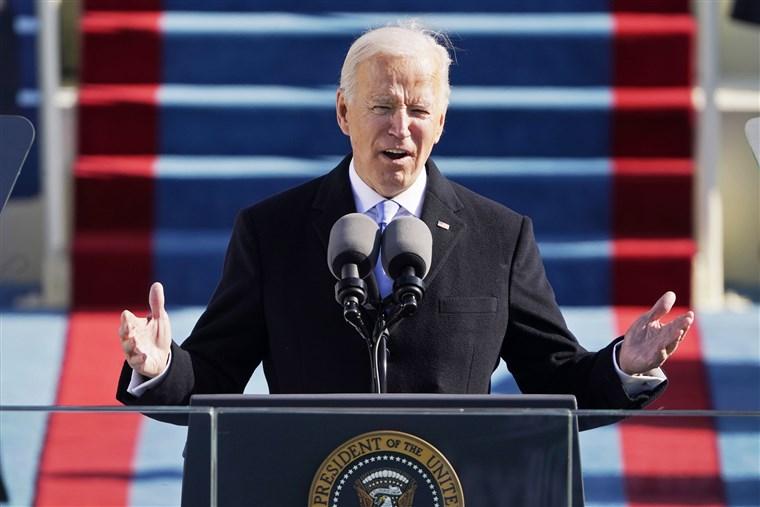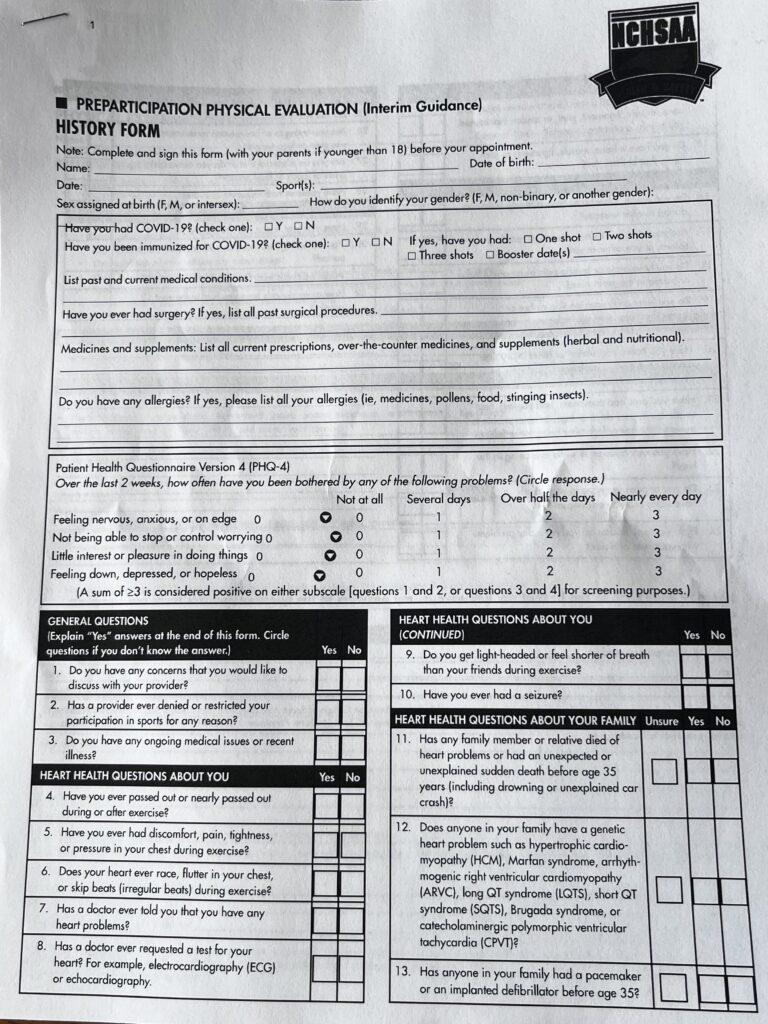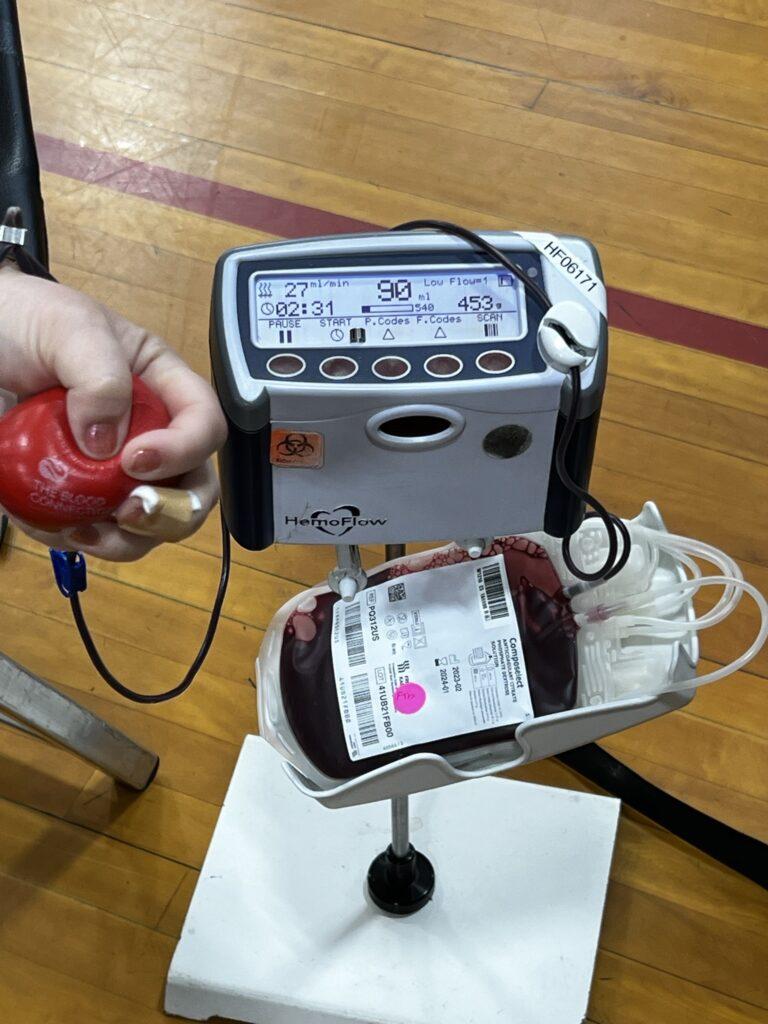For most people, the words “minimum wage” evoke images of teenagers taking orders or bussing tables for money to pay for car insurance or movie tickets. Now, however, the Great Recession has forced millions of adults to regress back into minimum wage positions or prevented them from moving forward into higher-paying positions.
Currently, the federal minimum wage is $7.25 an hour. Someone who earns minimum wage and works full time at 40 hours a week, 52 weeks a year would earn $15,080. This is less than the federal poverty rate for two people, meaning that a single parent could work full time year round with no vacations and still find his or her family living in poverty.
In an ideal world, parents wouldn’t have to raise children on a minimum wage salary. Unfortunately, we don’t live in an ideal world, and people do find themselves in situations where they have to raise a family on whatever they can, such as $7.25 an hour. Recent economic times have only made the prevalence of such circumstances much greater.
President Barack Obama recently commented on the issue in his State of the Union address. He called on Congress to increase the minimum wage to $9 an hour. He also proposed adjusting minimum wage with inflation, which would guarantee that as the cost of living goes up, so will worker’s wages.
“Let’s declare that in the wealthiest nation on earth, no one who works full time should have to live in poverty,” Obama said in the 2013 State of the Union address. “It could mean the difference between groceries or the food bank, rent or eviction, scraping by or finally getting ahead. For businesses across the country, it would mean customers with more money in their pockets. In fact, working folks shouldn’t have to wait year after year for the minimum wage to go up while CEO pay has never been higher.”
Raising the minimum wage means workers will have more money to spend and will provide a desperately needed boost that will help stimulate the economy. It will also lessen the amount that minimum wage workers rely on welfare and other government assistance that usually comes from taxpayers.
One argument against raising the minimum wage is the fear that it will cause financial hardship on businesses, causing them to further reduce their already limited hiring. However, workers who earn more money will be more motivated to work, and higher wages should result in less absenteeism, less employee turnover and greater productivity, which will lead to higher profits for the businesses.
According to The New York Times, the increase to $9 an hour would be the highest in over three decades. However, if adjusted for inflation, it would be lower than the minimum wages reached in the 60s and 70s.













